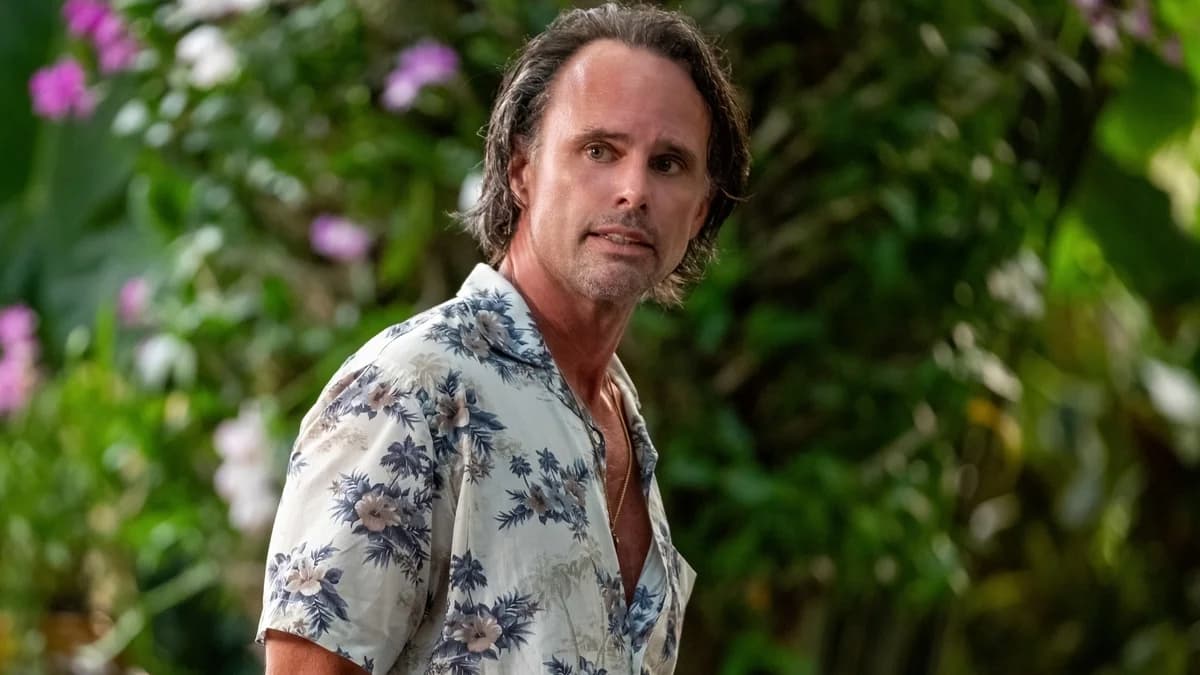Do you agree that women tell women’s stories better? Director Pedro Almodóvar (The Room Next Door), in a recent conversation with actor-filmmaker Halina Reijn (Babygirl), had an interesting take on why there’s a rise in the number of explicit films by women.
The two filmmakers, both of whom directed their first respective English language features this year, were in a conversation for Variety’s Directors on Directors. And it was one interesting conversation as it laid bare the filmmakers’ minds, and the thought behind their films, both of which dealt exclusively with female protagonists.
In the Tilda Swinton and Julianne Moore starrer The Room Next Door, Spanish auteur Pedro Almodóvar portrays a beautiful female friendship navigating the delicate waters of euthanasia. In the Nicole Kidman, Harris Dickinson, and Antonia Banderas starrer Babygirl, Dutch director Halina Reijn explores complex power dynamics in sex, desire, and suppression through an unabashed female gaze.

And it is this female gaze that seemed to fascinate Almodóvar the most. As a male filmmaker whose films also have a lot of sexually charged scenes, he felt that female directors were better equipped at tackling films with explicit sexual desire and passion because they had a better understanding of female desire, something that make directors and writers like him couldn’t grasp. And with the steady (even if slow) rise in women filmmakers on the scene, we’re now seeing more and more of these facets of female desire being explored more unabashedly.
“The movie is quite explicit. One of the keys is that Nicole is completely fearless and ready to do everything. Now, the more explicit movies about sex are directed by women. I think it’s good because in my movies, there is a lot of sexual scenes, but male directors and writers wouldn’t know completely what is female pleasure. So it’s a natural female gaze.”
The Strange Way of Life filmmaker also pointed out the more obvious ease that a female filmmaker like Reijn would have when directing an actress like Nicole Kidman in a sexually explicit scene, because the two could communicate more comfortably and freely, and with a better understanding of each other because they are both women, as opposed to if the filmmaker giving the directions were a man.
The entire chat between the filmmakers as they deconstructed each others’ thought processes and experiences is fascinating, but Almodóvar’s curiosity into understanding the female gaze is a highlight. One of his questions to Heijn is about why she chose to make a film like Babygirl, where a woman wants to be dominated, in this time and age. He even put forth his own misgivings about the portrayal of passion in the post #MeToo era and whether it was would be considered an aggression to be direct with someone about your desires.
But Heijn’s response really puts things in perspective. Because the biggest difference in her protagonist’s submission is that it her choice, and that she’s accepting those darker parts of herself along with the other parts where she is a loving wife, an ambitious career woman, and a mother. “True feminism is that we can be all those things,” she says. Well said!













Published: Dec 24, 2024 3:23 AM UTC